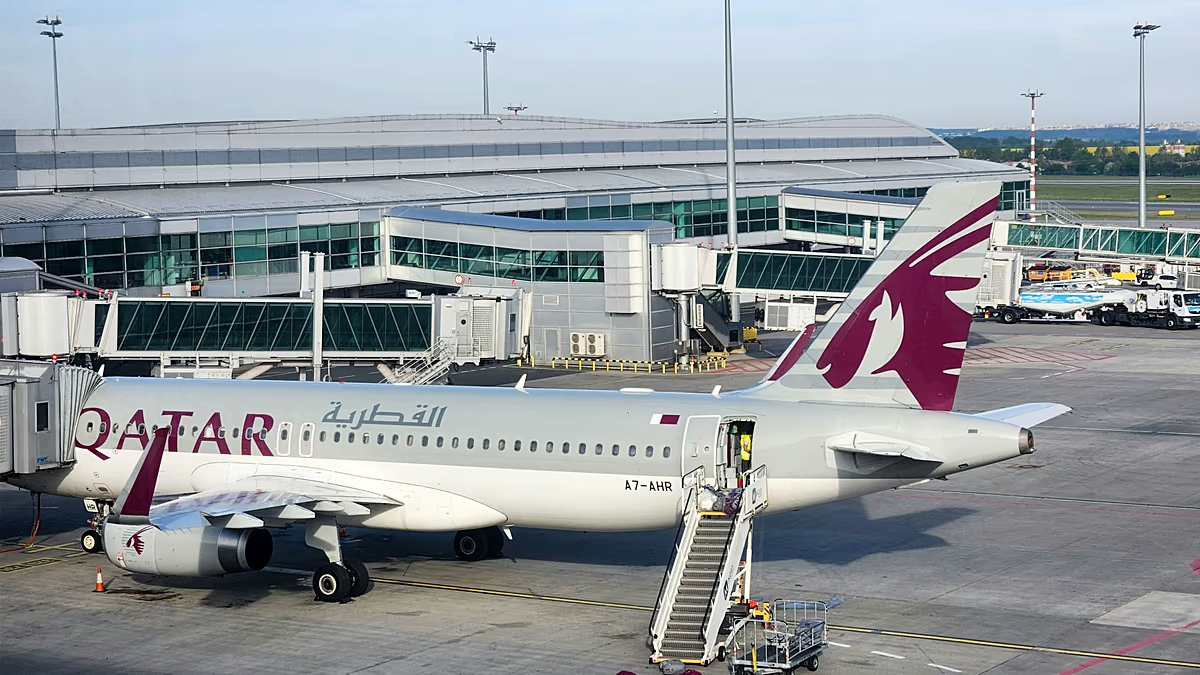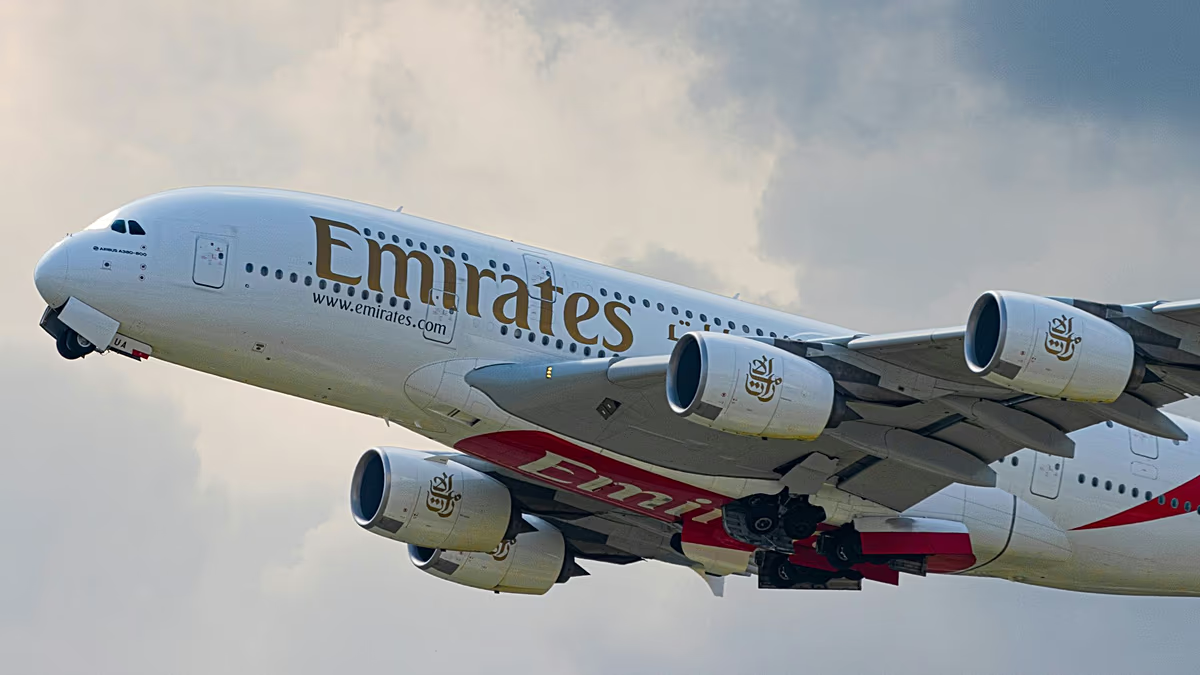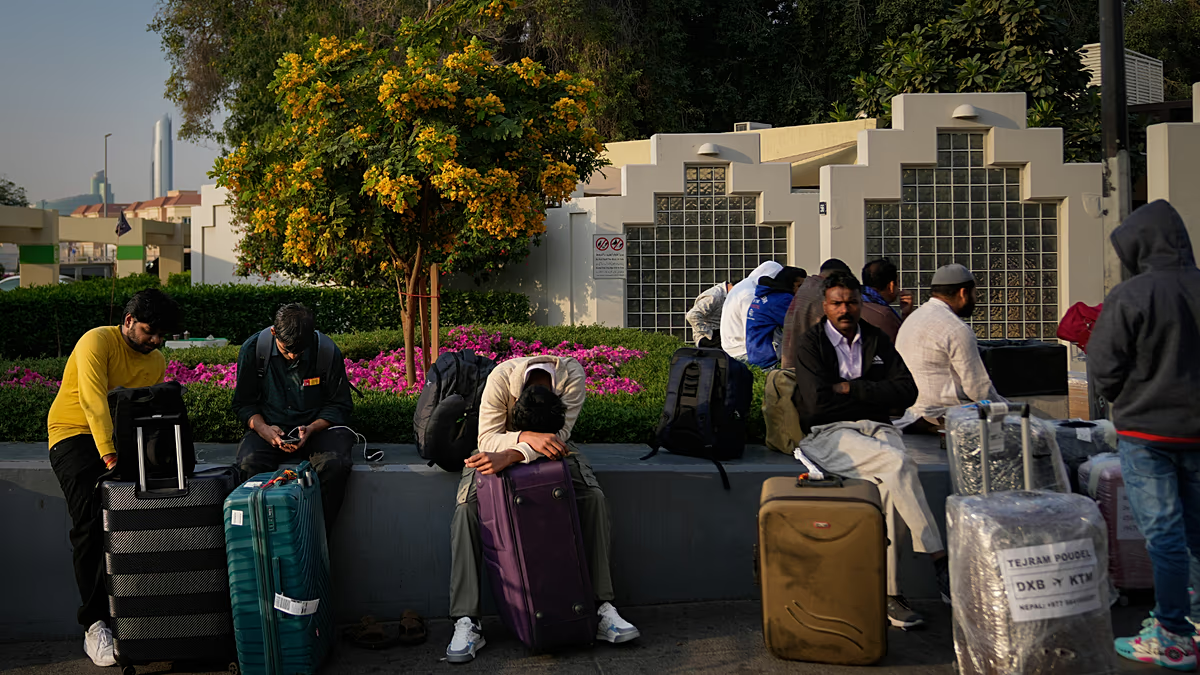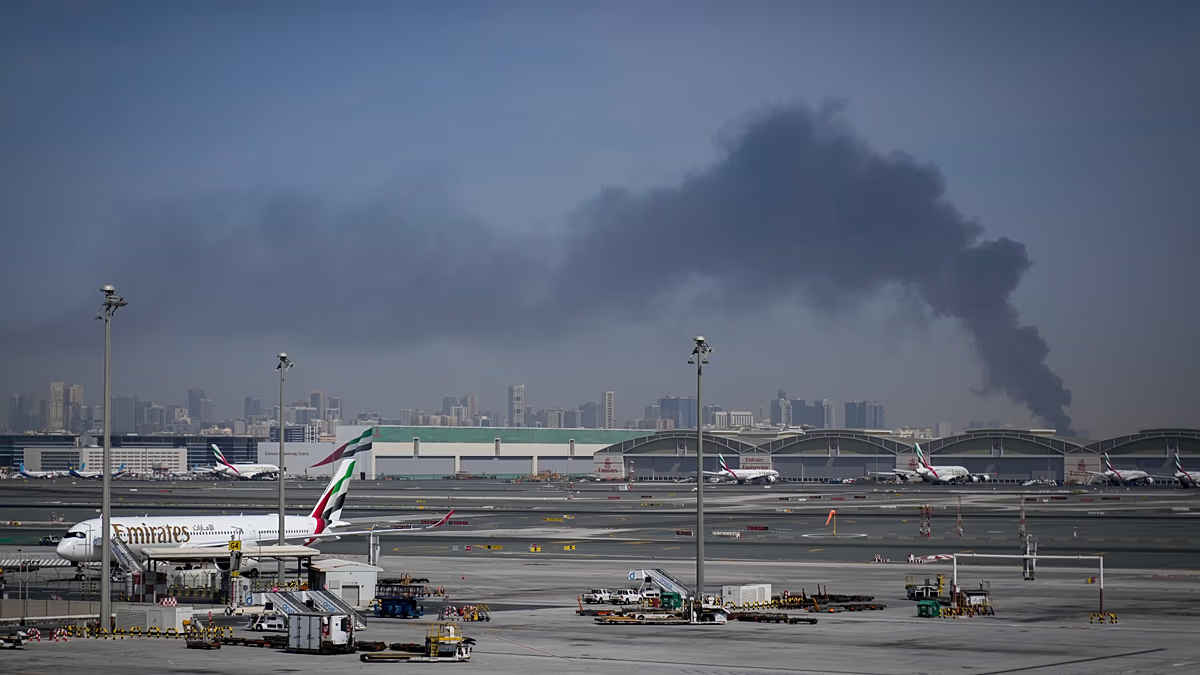Impact of Government Shutdown on Air Travel
The ongoing government shutdown, which began on October 1st, has created significant disruptions in the air travel industry. An estimated 5.2 million passengers have experienced delays or cancellations directly attributed to staffing issues caused by the shutdown. These disruptions have rippled through the nation’s airports, affecting business travelers, families on vacation, and countless others who rely on air transportation.
Behind these numbers are real human stories – the businessman who missed an important meeting, the grandmother who couldn’t make it to her grandchild’s birthday, or the student who was late for their college orientation. Airport staff, working without pay, continue to show up and do their jobs under increasingly stressful conditions. TSA agents, air traffic controllers, and safety inspectors are maintaining essential services while facing personal financial uncertainty, demonstrating remarkable dedication to public safety despite their circumstances.
The economic impact extends well beyond the airports themselves. Hotels near affected airports report cancellations, local transportation services see decreased demand, and businesses that depend on timely shipments face delays. Small business owners who travel for work find themselves unable to meet clients or attend important industry events, potentially losing contracts and opportunities. Flight attendants and pilots, though not government employees, face reduced hours and disrupted schedules as airlines adjust to the unpredictable operating environment.
For many travelers, the experience has been frustrating and confusing. With little warning about which flights might be affected, passengers arrive at airports only to face long lines, extended security waits, and last-minute cancellations. Some have spent hours trying to rebook flights or find alternative transportation, often incurring additional expenses that may not be reimbursed. Travel insurance policies typically don’t cover government shutdown-related disruptions, leaving many passengers to absorb these unexpected costs themselves.
Airlines have attempted to mitigate the situation by adjusting schedules, combining flights, and providing more flexible rebooking options, but their ability to respond is limited by the unpredictable nature of staffing shortages. Industry experts warn that if the shutdown continues, the situation could worsen significantly as employee absences increase and system capacity becomes further strained. Consumer advocacy groups have called for airlines to waive change fees and provide more substantial compensation to affected passengers during this unprecedented situation.
As the shutdown continues with no clear end in sight, the 5.2 million affected passengers represent not just a statistic, but a growing crisis in American transportation infrastructure. Each day brings more disruption to the complex interconnected system that usually moves people efficiently across the country and around the world. The situation underscores how government operations, even those seemingly distant from daily life, are in fact deeply interwoven with the functioning of critical services that Americans rely upon. Until a resolution is reached, millions more travelers will likely join the ranks of those whose plans have been disrupted by this ongoing political impasse.












